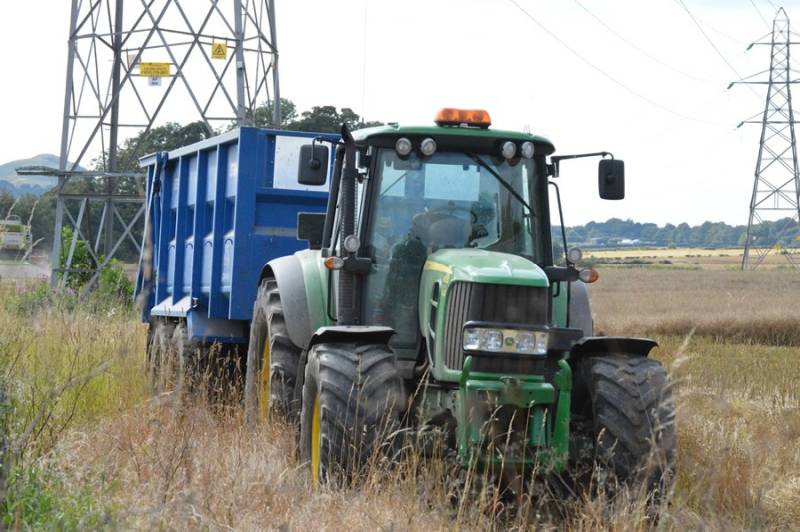
Scottish farmers have welcomed the opportunities that switching to E10 petrol could bring but warned last year's filter blocking problem 'cannot be repeated'.
The switch would see E10 fuel, which has up to 10% ethanol and up to 90% regular unleaded petrol, become the standard grade.
It is estimated that the greener fuel could significantly reduce CO2 emissions.
The Department for Transport (DfT) recently held a consultation on the introduction of E10 petrol as the standard petrol grade in the UK by 2021.
In its submission, NFU Scotland welcomed the benefits of the switch from E5 to E10 but also voiced its concerns about changes in fuel standards occurring without adequate specifications and testing in place to protect consumers.
It stressed that it is 'vital' to apply lessons from the fuel filter blocking issue which impacted Scottish agriculture severely last winter.
The union said that consumers must not bear the costs of changes to fuel specifications. It added that it is 'essential' that all fuel is fit for purpose, and the DfT, alongside industry, have a 'role to play' in ensuring consumers are protected.
In addition, the group voiced concerns about compatibility of the fuel with agricultural vehicles and equipment.
Whilst the DfT estimate that 98% of the roadgoing fleet would be compatible with E10 petrol, there is no information about how many off-road machines, farm vehicles or pieces of agricultural equipment may be impacted by the switch.
NFU Scotland stressed the off-road fleet and equipment must be fully considered, particularly as the length of ownership of such vehicles far exceeds that of the roadgoing fleet.
Scottish farmers also reiterated concerns regarding the application of the Renewable Transport Fuel Obligation ‘crop cap’, which restricts the volume of crop-derived bioethanol in favour of bioethanol from waste and residues.
The current cap is set at 4% and will decrease to 2% between 2020 and 2023. The preference for waste derived bioethanol fails to recognise the contribution that oilseed and crop-derived bioethanol production has in Scotland.
NFUS has previously provided evidence on the subject and said it would continue to engage with the Department to protect the interests of farmers.
Chair of NFU Scotland’s Legal and Technical Committee, Tom French said problems such the filter blocking 'disaster' that many farmers faced last year 'simply cannot be repeated'.
“The introduction of E10 petrol may offer potential market opportunities for some sectors of Scottish agriculture and there are significant environmental gains for the transport sector in switching from E5 to E10 petrol.
“All measures must be taken to ensure consumers are well informed of the change and what it means for their vehicle, machinery or equipment.
“It is essential that consumers do not bear any mechanical issues and costs associated with the switch," Mr French said.
